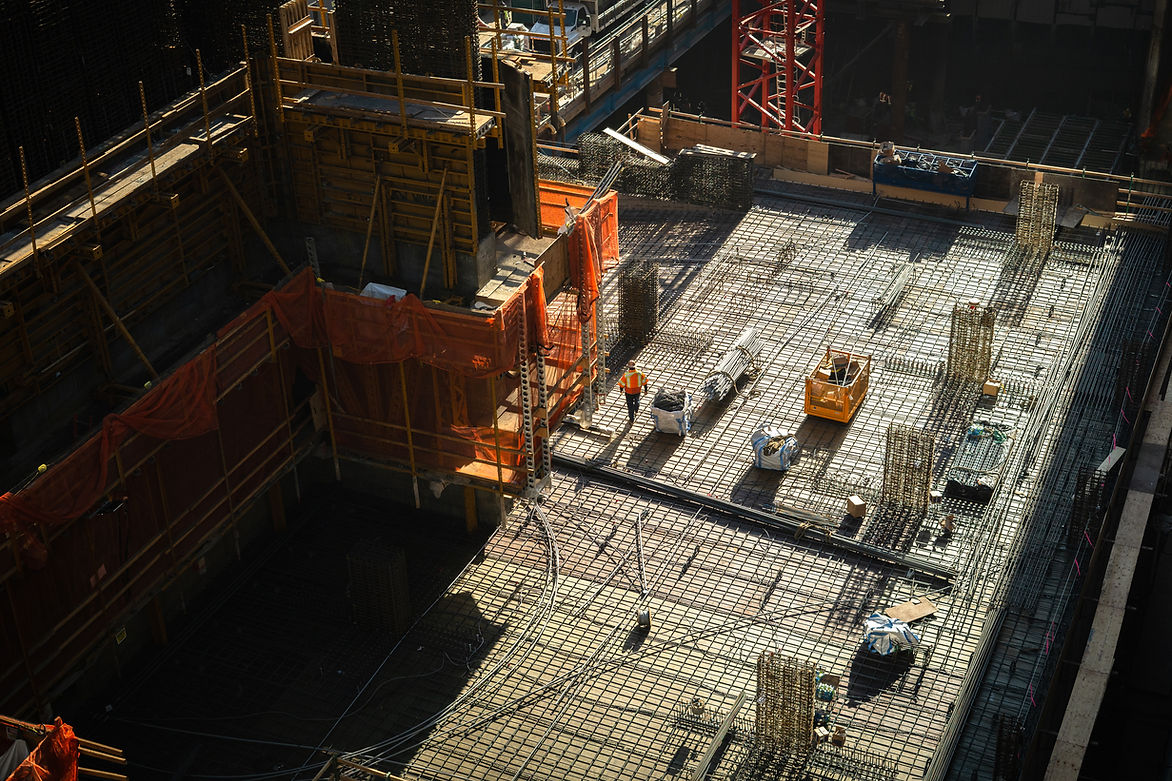On a Mission to Deploy 1,000 Modular Plants Across Africa by 2040
We are driven by the thesis that modularization will unlock Africa’s industrial potential, as it lowers prohibitive capital costs, simplifies operations for limited skilled labor, mitigates infrastructure deficits, and nimbly serves the continent's fragmented markets.
We are building a new future for Africa's $65B+ chemicals and materials industry: one rooted in local production, powered by its own mineral wealth, and free from reliance on fragile import supply chains.



Our First:
A Modular Plant for Production of Titanium Dioxide
We are establishing a modular plant in Nigeria to sustainably produce pigment-grade Titanium Dioxide (TiO2). The plant will also produce Caustic Soda. These chemicals will serve the needs of the West African paint, plastic and soap industries, which presently rely on imports.

About Our Modular Approach
A country's manufacturing industry has a significant impact on its economy. We are utilizing pre-fabricated modules to mitigate challenges to manufacturing in Africa. These low-cost, scalable modules would be manufactured by the best global talent and shipped to Africa, where they will be assembled and utilized for production.
Modular plants offer a much simpler, less risky solution to industrializing Africa. They are built faster, require less upfront capital, and have greater flexibility, allowing for easy expansion. With as many modular chemical plants as required spread across the continent, we can beat the talent gap and develop economies across the continent.


Plant-to-Grid Coordination
The future we envision at PyVee ultimately is one that involves decarbonizing manufacturing with renewable electricity that is also sold to neighbouring homes and businesses. The PyVee chemical plants will be built accordingly, with the bold aim of being entirely powered by renewables (including green hydrogen) right from the commissioning stage, while supplying excess renewable electricity to the grid.
